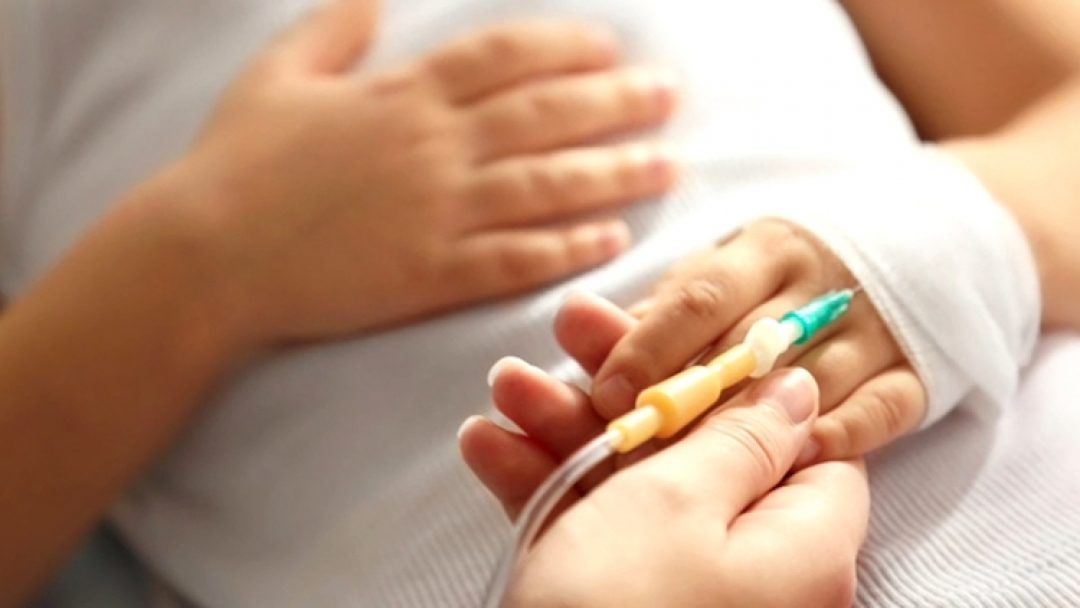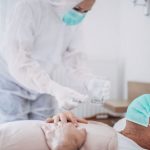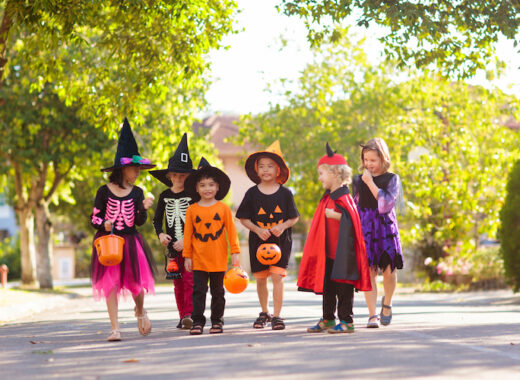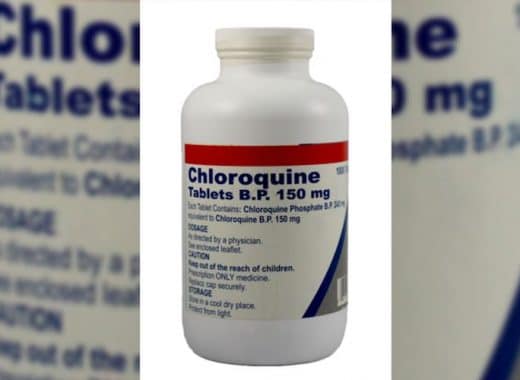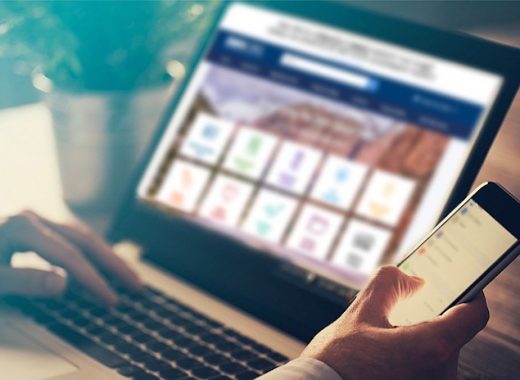New York City Mayor Bill de Blasio has announced a plan to test all children with symptoms of a rare inflammatory condition for the coronavirus and its antibodies as dozens of cases have been identified across the country.
In New York City, at least 38 children are sick and one has died from the mystery illness that doctors say share similar symptoms with Kawasaki Disease. Almost all have tested positive for coronavirus or the antibodies that reflect exposure to the virus.
“To every parent out there: Early detection is the key to fighting this,” de Blasio said. “It can be treated. If you see these symptoms, take them seriously and act immediately.”
Both Kawasaki disease and COVID-19 are elusive conditions that doctors are still studying. Some experts doubt there’s a link between the two, and others don’t believe the mysterious symptoms belong to Kawasaki at all.
“Kawasaki disease is one of the great mysteries in pediatrics,” said Dr. Frank Esper, a physician at the Cleveland Clinic Children’s Center for Pediatric Infectious Diseases. “It’s something we’ve been dealing with for decades.”
Symptoms includea fever of at least 101 degrees that lasts for five days or more, a rash and swollen glands in the neck, according to Britain’s National Health Service. Esper says it predominantly affects children ages 2 to 6, tends to run during “mini-epidemics” and is more likely to happen in the winter than the summer.
While doctors know how to treat Kawasaki disease, they still don’t know what causes it or why some people get it. Esper says “a cemetery of different reports” have hypothesized the disease is caused by viruses, while others say people may be genetically predisposed.
“Kawasaki disease is the boogeyman to pediatricians,” he said. “It’s extremely difficult to diagnose. Even with the most astute clinicians, we have a hard time figuring out who has it and who doesn’t.”
Esper says the main indicator of the disease can be found in the heart. Coronary artery aneurysm, or a dilation of the coronary arteries, is what distinguishes Kawasaki from any other inflammatory disease.
Symptoms have been identified in dozens of children across the United States, alarming pediatricians and raising concerns about a possible link to the coronavirus.
Fifteen cases were first reported last week by the New York Health Department in children between the ages of 2 and 15. The cases were identified between April 29 and May 3. All the patients had a fever, and more than half reported a rash, abdominal pain, vomiting or diarrhea.
Since then, the state of New York has reported three deaths and at least 80 young people who have or are suffering from fever, rash, abdominal pain and vomiting. New York States officials have dubbed the mystery illness “pediatric multisystem inflammatory syndrome.”
The disease causes low blood pressure and a rapid heartbeat in children, with some patients developing inflammation of the heart as well as liver and kidney failure. Older children as well as the younger patients are affected.
New Jersey has seen at least 15 cases since March. The children ranged in age from 3 to 14, according to pediatric specialists who treated them. Three children remain in the pediatric intensive care unit and continue to improve.
So far, that’s just a sliver of the 134,000 known cases in New Jersey, and the vast majority of children who get COVID-19 have either a mild case or no symptoms at all.
The New Jersey Health Department is seeking guidance from the federal Centers for Disease Control and Prevention about the syndrome and criteria for defining a case, said Donna Leusner, a department spokeswoman.
In Los Angeles, doctors at Children’s Hospital have confirmed they’re treating at least three patients with the disease, according to KABC-TV. All three cases tested positive for antibodies to COVID-19, which means they likely had the coronavirus at one point before developing symptoms.
Chicago doctors have also reported several cases.
“These kids are testing negative with the nasal swab, but they are testing positive for antibodies in the bloodstream, which shows they had past infection, but their parents may not have known that,” Dr. Frank Belmonte, Chief Medical Officer at Advocate Children’s Hospital, told WLS-TV.
The condition was first reported by doctors in Britain, Italy and Spain in late April. Britain’s Pediatric Intensive Care Society issued an alert noting there had been an increase in the number of children with “a multi-system inflammatory state requiring intensive care” across the country.
The group said there was growing concern that either a COVID-19 related syndrome was emerging in children or that a different, unidentified disease might be responsible.
Spain’s Association of Pediatrics recently made a similar warning, telling doctors that in recent weeks, there had been a number of school-age children suffering from “an unusual picture of abdominal pain, accompanied by gastrointestinal symptoms” that could lead within hours to shock, low blood pressure and heart problems.
In Italy, Dr. Angelo Ravelli of Gaslini Hospital and a member of the Italian Paediatricians’ Society sent a note to 10,000 colleagues raising his concerns. He and his team reported an unusual increase in the number of patients with Kawasaki disease in regions of Italy hit hard by the pandemic, noting some children had COVID-19 or had contacts with confirmed virus cases.
Some possible cases have also been reported in France and Belgium.
Experts say it’s too early to tell if the disease can be associated with COVID-19.
“We’ve never seen the coronavirus before, but we’ve been dealing with Kawasaki disease for decades,” Esper said.
He also says experts aren’t even sure if the mystery disease popping up in parts of Europe and the U.S. can be definitively identified as Kawasaki disease. So far, he hasn’t seen any reports mention coronary artery dilation, which would be a major indication.
“I will caution that there are many things that look similar to Kawasaki disease,” Esper said. “It could be that what they’re calling Kawasaki is not Kawasaki but an inflammatory disease caused by the coronavirus.”
Dr. Sunil Sood, a pediatric infectious disease physician at Northwell Health’s Southside Hospital and Cohen Children’s Medical Center, doesn’t believe the condition is Kawasaki.
Sood says patients he has treated have been sicker, with inflammatory markers 10 to 100 times higher than the average child with Kawasaki disease.
Although the New York City Health Department only mentioned 15 cases in their alert, Sood says he has had at least 20 cases between the two hospitals where he works. Only three of his cases tested positive for the coronavirus with the regular PCR test, but the rest tested positive for coronavirus antibodies.
He estimates his patients may have had the virus, even unknowingly, four weeks before developing the inflammatory condition.
“The immune system can overreact in a delayed timeline many weeks later,” Sood said. “We know this from other infectious diseases.”
He advises parents and pediatricians to look out for a fever as well as a combination of any of these symptoms: abdominal pain, confusion, diarrhea, red eyes, rash, swollen hands and feet, difficulty breathing and passing out. Sometimes the abdominal pain can be so severe it mimics appendicitis.
Sood urges parents to bring their children to the hospital if they develop any symptoms because it could lead to further heart complications, even acute heart failure.
“Initially, I thought it was Kawasaki … but it’s going beyond those symptoms,” he said. “Pediatricians and parents should be aware that there’s an outbreak of this right now.”
While there’s a spike in such cases, Sood says children are still among the least affected by the coronavirus. Data from more than 75,000 cases in China showed they comprised 2.4% of all confirmed cases and mostly suffered only mild symptoms.
Click here to read the NYC Health Alert.


